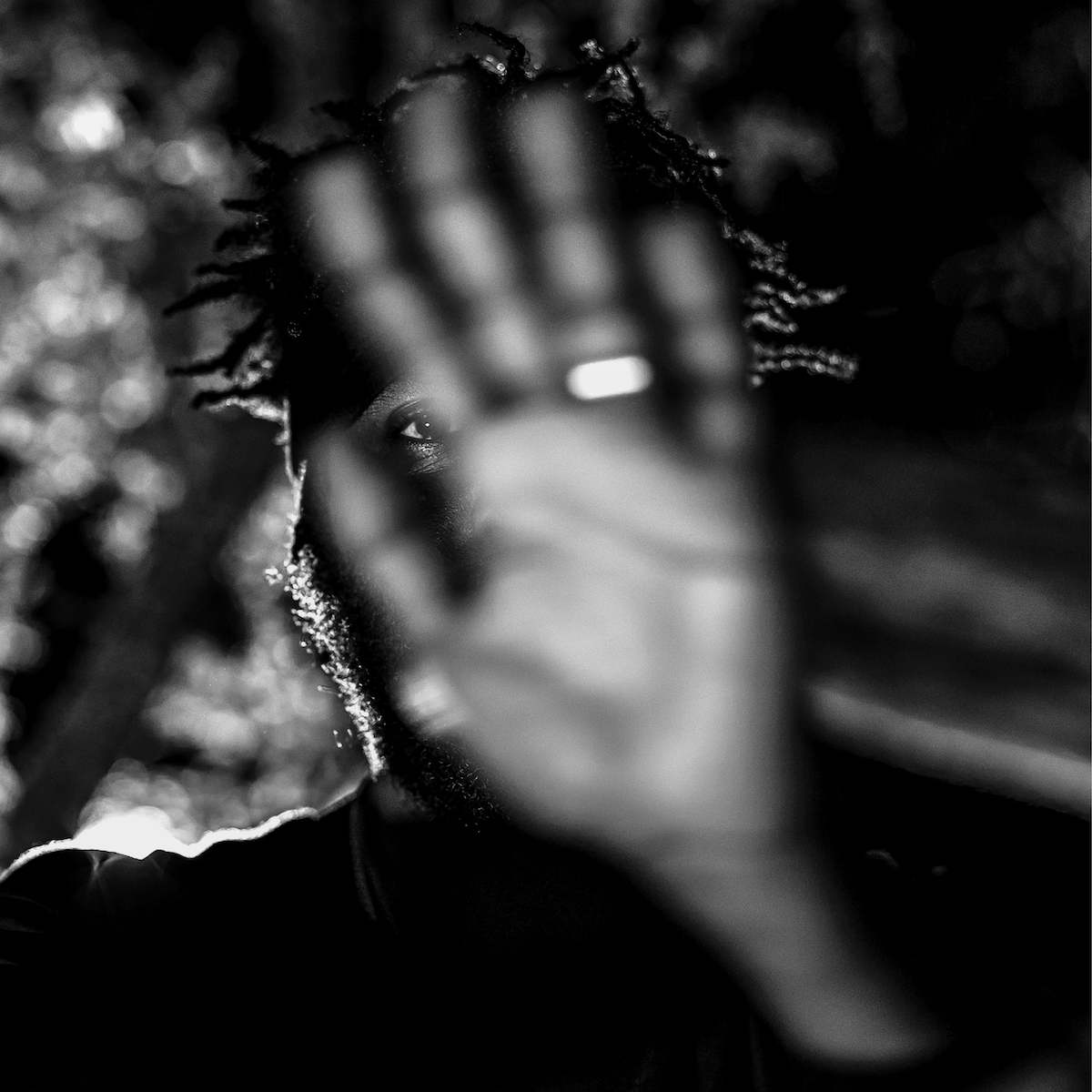Gary Clark Jr. – JPEG Raw
Warner
When he emerged in the early 2010s, Gary Clark Jr. was anointed a genuine guitar god—he even earned comparisons to perhaps the greatest of all time, Jimi Hendrix. But over a decade later, the 40-year-old is still proving that he’s much more than a virtuoso. With his fourth album, JPEG Raw, the Austin native continues to stretch out musically—broadening expectations and leaving few genres unexplored.
The biggest surprise, though, is the relative ease with which he inhabits so many styles. On the soulful “Alone Together,” featuring jazz trumpeter Keyon Harrold, Clark suddenly becomes a modern-day chanteur, replete with falsetto crooning: “You say you’re mistreated / You don’t think I know how you feel / You question, I push back / You don’t think my love is for real.” Elsewhere, the title track conjures an inspired collaboration between D’Angelo and the late J. Dilla (a noted influence)—as Clark actually spits bars.
This latest LP, Clark says, was born out of pandemic uncertainty—from Black Lives Matter to the insurrection of the nation’s capitol. “This Is Who We Are” (featuring Naala) feeds off that confusion, opening with a galvanizing guitar solo that blazes behind some operatic prophecies. What you hear is the catharsis of Clark’s pent-up anger over these blemishes in our country’s fabric: “I think I’m not who you think you thought I was / Really came up from the bottom, came up from the mud / I walk through the valley in the end / Better check your ego, come again.”
JPEG Raw is Clark’s manifesto; co-producing and writing (or co-writing) all of the music, he once again demonstrates his proficiency on multiple instruments (drums, bass, percussion, programming, various keyboards). He also gathers a slew of collaborators—notably his sisters Shanan, Shawn, and Savannah, on background vocals, along with several guest artists, including two veritable icons. For “Funk Witch U,” Clark enlists the godfather of funk himself, George Clinton, who smoothly leans into the laid-back, bass-heavy groove. He also finds an inspired pairing with Stevie Wonder on “What About the Children,” drawing heavily from the latter’s prolific oeuvre between 1972 and 1976.
Taking his cue from predecessors like Clinton, Wonder, and Prince—consummate artists who defied genre and charted their own musical course—Clark relishes in his boundless freedom. His virtuosity throughout is commendable and often quite impressive. Thematically, he traverses an odyssey of struggle and unrest to ultimately reach newfound wisdom, especially apropos as a husband and father of three. What’s missing is the cohesion: While individual tracks stand well alone, sharp sonic contrasts drain the album of momentum.
Clark is a rare, prodigious talent—defying boundaries while preserving the tradition in his playing. Talented Black artists are far too often pigeonholed, boxed into a genre and identity that at times seems immovable. Perhaps JPEG RAW marks a new beginning for Clark. But across the album’s many shifts in style, one notion reverberates loudest: This generation’s preeminent bluesman was born to play the guitar, whether he likes it or not. – GRADE: B+


